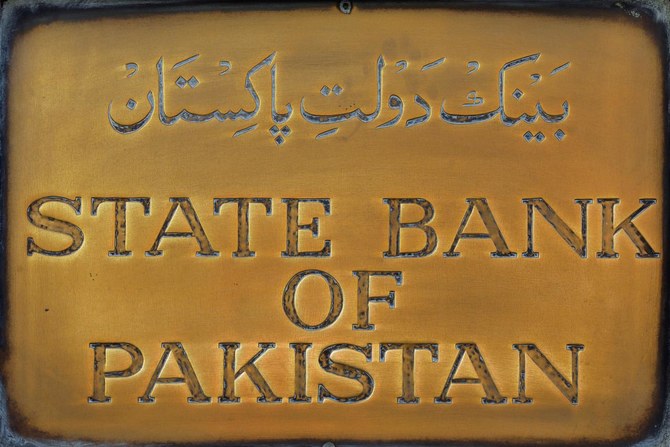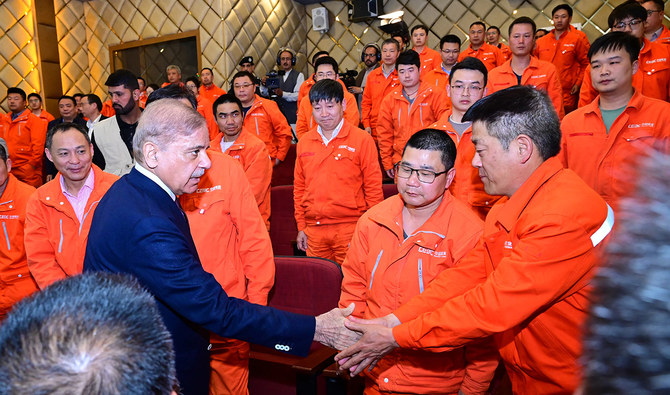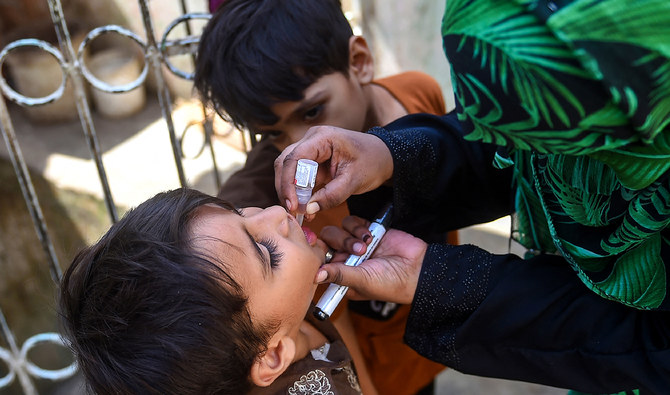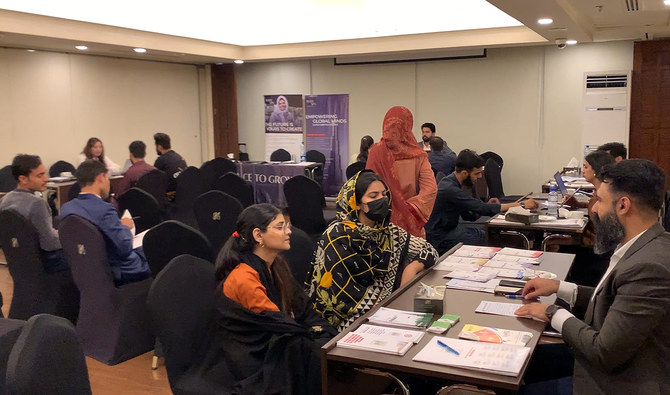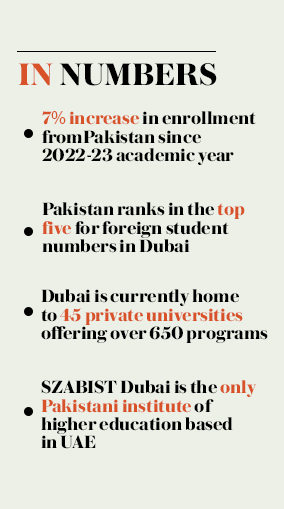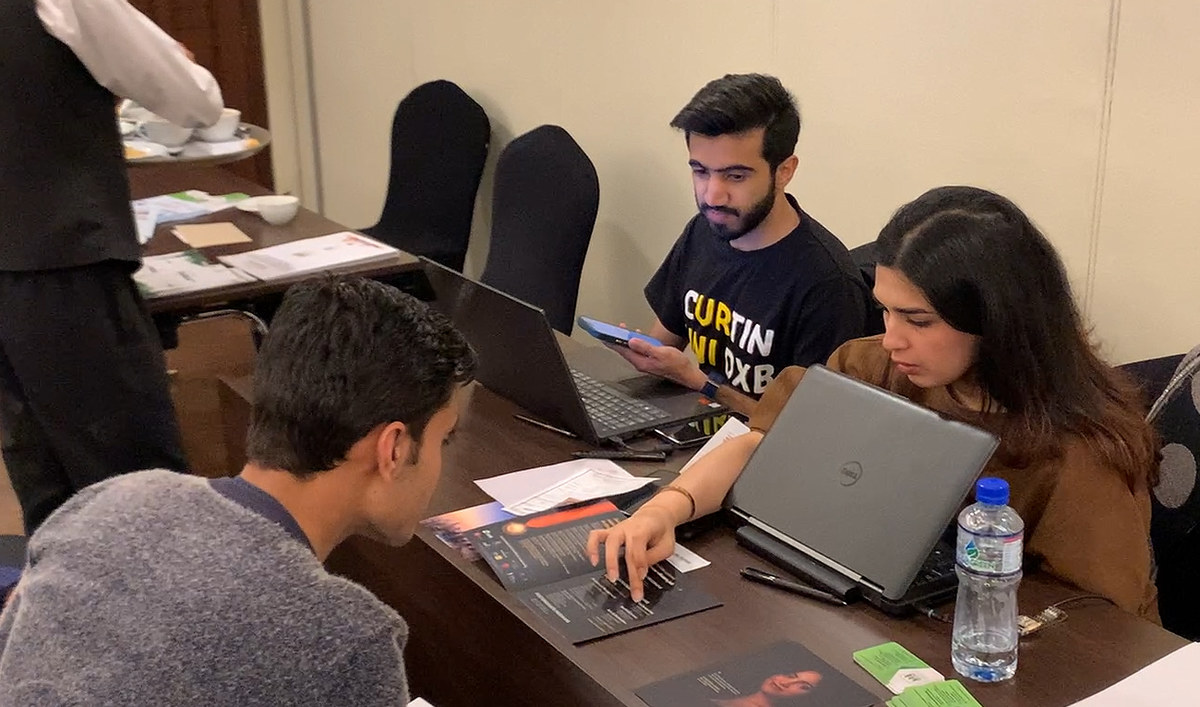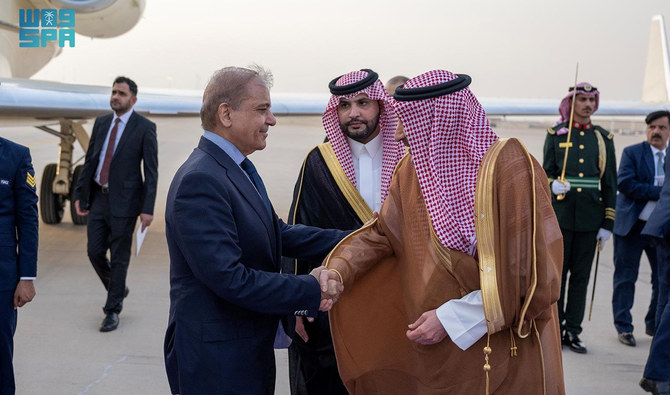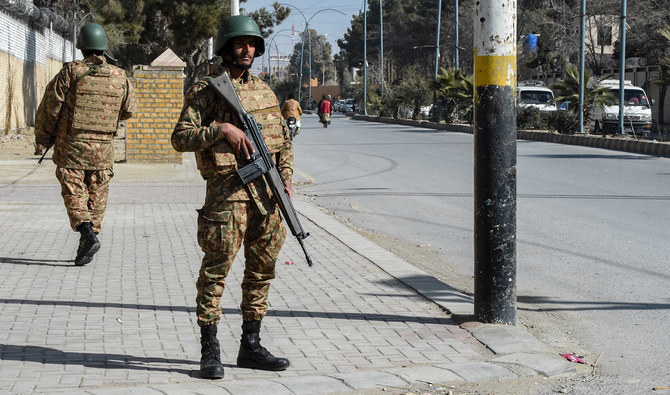KARACHI: The State Bank of Pakistan (SBP) has introduced a regulatory framework to issue licenses for digital banks in line with global practices, the central bank said this week, hoping the move will usher in a new era for the country's banking industry.
A digital bank offers all kinds of financial products and services primarily through digital platforms or electronic channels, essentially giving people access to banking wherever they may be and wherever they have secure Wi-Fi and strong cell signal.
Introducing a regulatory framework for digital banks is the latest in a series of recent initiatives by the State Bank of Pakistan towards introducing new payment solutions in a country with a massive unbanked population.
"This is the first step towards introducing a completely digital bank that will provide all the banking services, from account opening to deposit and lending, through digital means and the customers will not need to visit any bank branch physically," the central bank said in a statement on Monday. "Digital banks are the culmination of the digital journey on which the banking industry embarked upon many years ago."
The newly issued licensing and regulatory framework provides details for setting up digital banks as a separate and distinct category in Pakistan.
Under the framework, the SBP will grant two types of digital bank licenses: Digital Retail Bank (DRB) and Digital Full Bank (DFB). DRBs will primarily focus on retail customers, while DFBs will deal with retail customers as well as businesses and corporate entities.
"The framework mainly aims to enhance financial inclusion through affordable/cost effective digital financial services," the SBP said. "The framework includes guidance regarding licensing requirements, potential sponsors and permissible use-cases during different phases."
The framework also sets an expectation for applicants to have sound digital governance, robust, secure and resilient technology infrastructure as well as effective data management strategy and practices.
As per the framework, digital banks are required to maintain a principal place of business in Pakistan to house offices of its management, staff and support operations, which will serve as the main hub of contact for various stakeholders, including the SBP and other regulators.
The state bank said licenses for DRBs and DFBs may be obtained for both conventional and Islamic variants, while conventional variants of DRBs and DFBs could also offer Islamic banking services through Islamic windows.
The central bank said setting up digital banks would also require less capital, compared to the brick-and-mortar banks currently in existence, and encourage new technology-oriented entrepreneurs to enter this new realm of business.
The minimum capital requirement for DRBs during the pilot phase is Rs1.5 billion, which will gradually increase to Rs4 billion over a transition period of three years, according to the SBP.
Subsequent to the completion of the transition phase, DRBs may graduate to receive a DFB license, subject to the fulfillment of the minimum capital requirement and the completion of a two-year progression phase.
Earlier, the SBP released an exposure draft of the regulatory framework and a targeted survey was launched to invite feedback from a wide range of local as well as international stakeholders. The framework covers all the essential guidance and supplementary regulations for a diverse range of possible applicants interested in setting up digital banks in Pakistan.
"In line with international best practices and assessment of the overall banking situation in Pakistan, SBP has decided to initially issue up to five digital banks’ licenses, which essentially means that SBP is looking to attract players with strong value proposition, a robust technological infrastructure, sufficient financial strength, technical expertise and effective risk management culture," the central bank said.
SBP will be accepting applications in for digital banking licenses till March 31, 2022. Applicants may submit their requests along with all requisite documents at [email protected], according to the SBP statement. They may also approach the central bank for any clarification at [email protected].
Other recent SBP digitalization initiatives, which are gaining traction in Pakistan, include customer digital on-boarding, Roshan Digital Accounts, the Raast instant payment system, Electronic Money Institutions licenses and Asaan Mobile Accounts.



